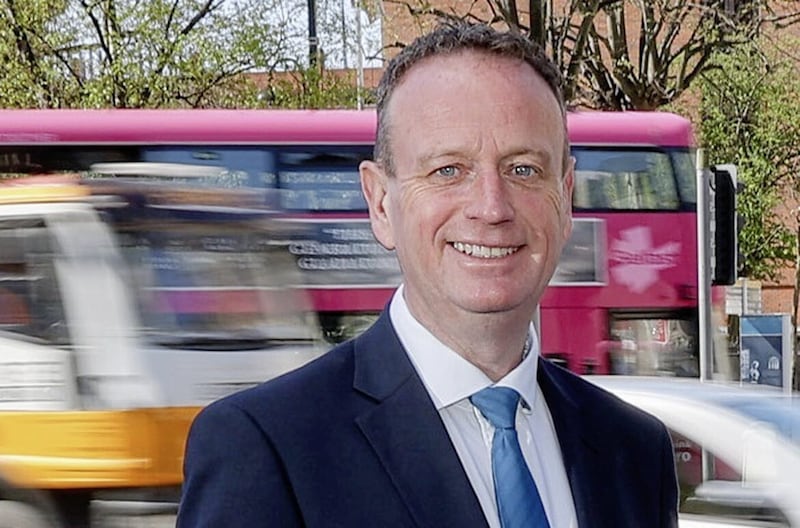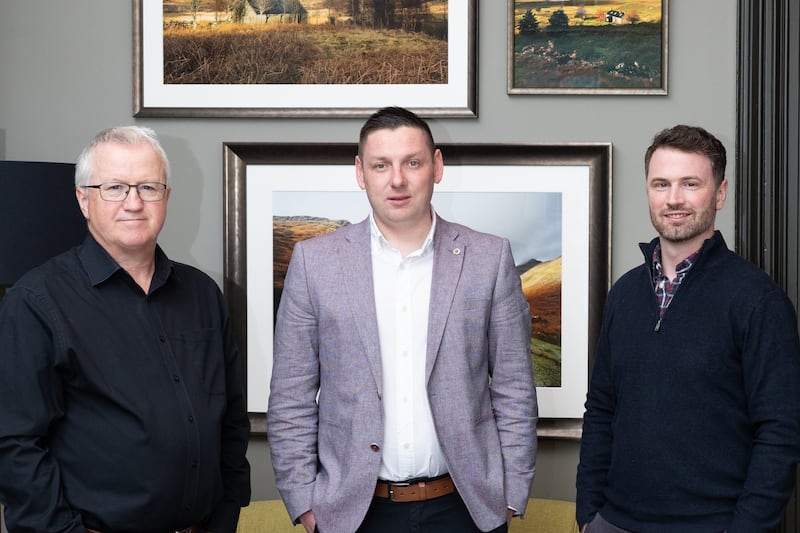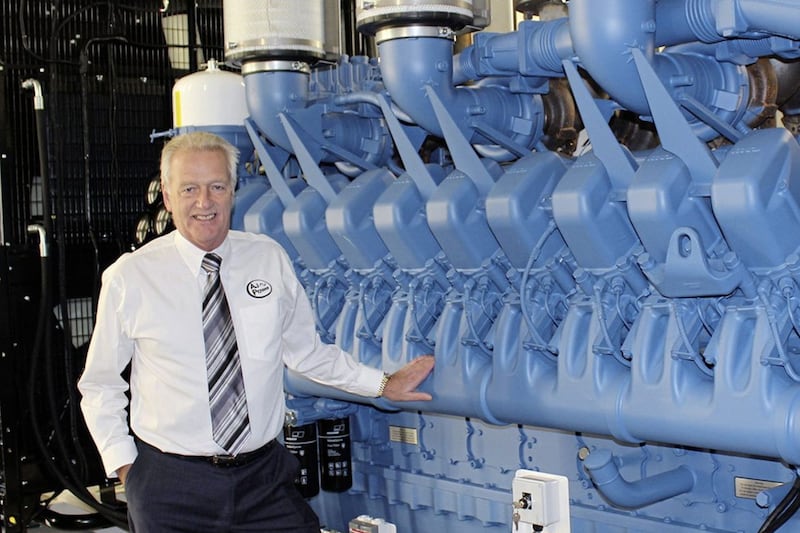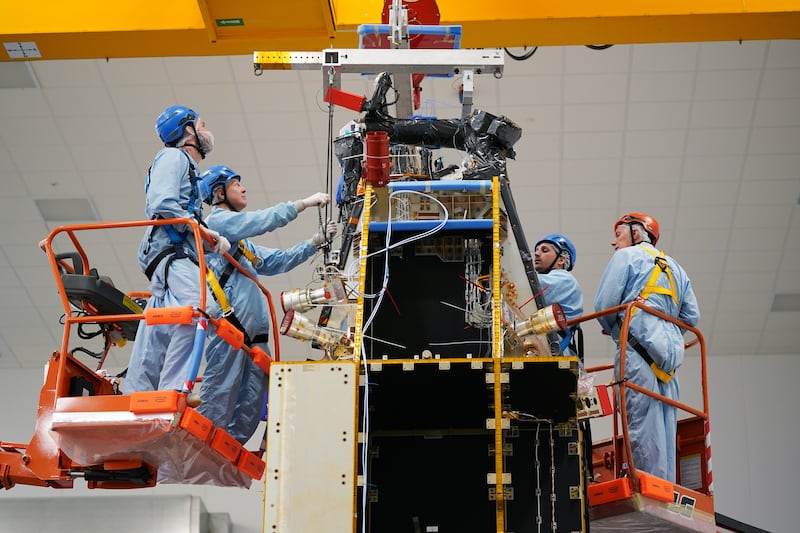In 2007, then-Finance Minister Peter Robinson, as one of his first acts, called a halt to the introduction of business rates on manufacturing properties.
Based on evidence, and with the sector’s commitment to create more jobs, modernise their production capability and sell more externally, Mr Robinson said he was taking the decision to “not just avoid harm, but to do some good”.
Since then, manufacturers have had their rates capped at 30% and in turn have stood up their side of the deal by employing 21% more since 2010, investing heavily in modernising their production facilities and selling record amounts to both GB and export markets.
But to get our politics back working, the Secretary of State has asked the Finance Department to consult on removing this cap - and stake is a £71.5 million support for the north’s engine of prosperity.
We brought more than 100 firms together in Cookstown earlier this month and they are concerned. The economic and financial arguments which persuaded Peter Robinson and his Executive colleagues back in 2007 simply haven’t changed. In fact, it’s potentially worse.
We continue to have the highest business energy prices in Europe (and the world). Our geography hasn’t changed so we are still at the end and beginning of every supply chain, with associated extra costs. And as manufacturers need big spaces, unlike other sectors, our producers pay more than twice the average of shops, hospitality, office and other industries.
Add to that the struggle to get labour and the massive investments required in robotics, automation and decarbonisation to be more productive and achieve the net zero demands of Stormont and the global market.
Our manufacturing economy is the economy outside of Belfast. Some 40% in Armagh Banbridge & Craigavon, Mid and East Antrim and more than half of all jobs in Mid Ulster Council areas are wholly dependent on our makers.
Our manufacturers provide jobs in places where people want to call home, contribute to their local community, raise their families, drink in the local pub, buy a car, get their Irish News and a litre of milk from their local newsagent.
Our meeting was clear - conditions in 2024 are no better than 2007. Even just the exercise in consulting on removing this cap has caused some to pause and consider where they invest next. One said plans for a potential 200 jobs in the north could be shifted south.

At a time when we’ve been presented our first real economic advantage to take to the world via our post-Brexit unique market access, now is the time to super-charge that engine of prosperity by securing a competitive environment in which to do business.
We’re all understandably jaded by our politics. The last seven years have been one crisis after another, but apathy is the enemy, and we hope our manufacturing community make it clear to the Department the damage this will do to their business.
:: Stephen Kelly (stephenkelly@manufacturingni.org) is chief executive of Manufacturing NI (www.manufacturingni.org)








